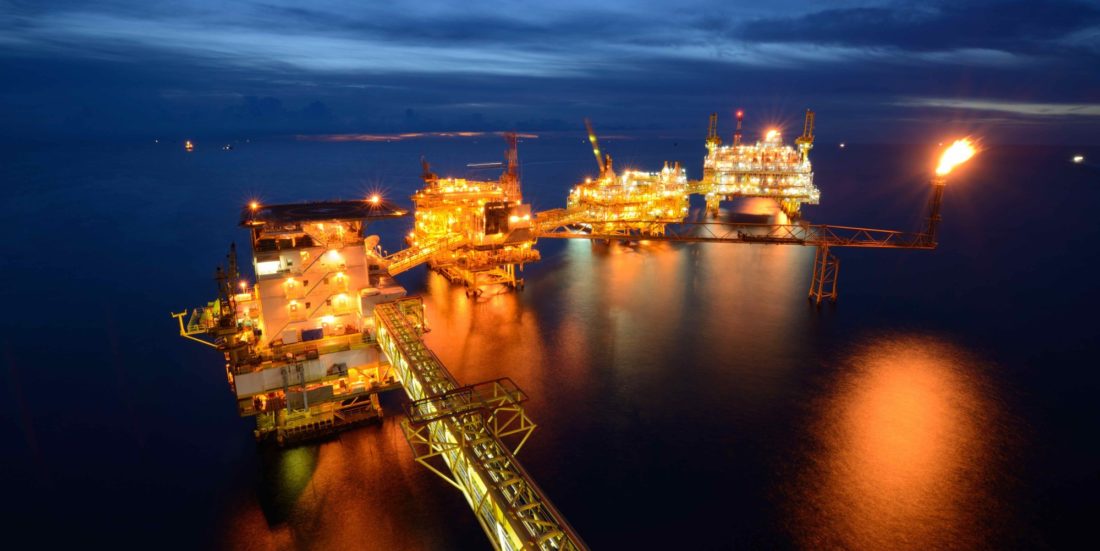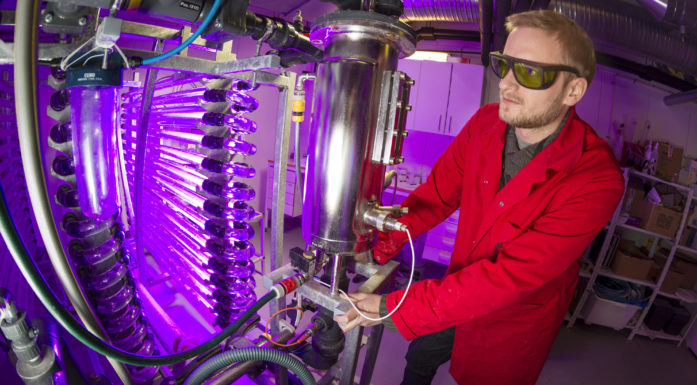Bad project management costs Norway millions
NTNU professor Wenche Aarseth collected information from several hundred project managers who together had done business in 39 countries. These answers gave her a recipe for success for global projects that cross national borders.
PROJECT MANAGEMENT: Starting right in on a project is the biggest pitfall facing managers who are in charge of projects abroad.
![WencheAarseth1[2]](https://norwegianscitechnews.com/wp-content/uploads/2015/07/wencheaarseth12-212x300.jpg)
“I know of several project managers who are highly skilled engineers, but who were sent home because the project ran aground,” says NTNU Associate Professor Wenche Aarseth. Photo: NTNU
“Let’s say that a project manager is responsible for the construction of an oil platform in a country outside Norway. Even if all the formal permits have been issued, and in theory one should be able to start building, it’s not recommended. The project managers who go straight to the task don’t succeed,” says Wenche Aarseth, Associate Professor of Project Management at NTNU.
Two new books just released
Europe’s biggest education and research programme in project management is based at NTNU. As the head of NTNU’s Professional Continuing Education Programme in Project Management, Aarseth is responsible for 39 continuing education courses.
She has also just released two books on the subject, for which she gathered responses from project participants with 20 to 30 years of global project experience in many countries. Aarseth surveyed 246 Statoil global project workers, and interviewed 30 of the most experienced ones as the basis for her books.
Knowing whom you should be friends with — or relational intelligence as Aarseth calls it — is the key to successful project management, she has found.
Common to all countries
“There are lots of kinds of intelligence. In addition to IQ, concepts such as emotional intelligence and cultural intelligence are important globally, but the main common denominator for success in global projects is relational intelligence. That is, an understanding of whom you need to have a relationship with in order to do business in the country you’ll be operating in. This is the main success factor, whether you’re talking about a project in Russia, China or Tanzania,” says Aarseth.
Engineers unfamiliar with relational intelligence
Statoil was chosen for the research because they are “best in class”. Aarseth explains that the first thing the most experienced project managers in Statoil do, is to form a picture of who has power in the country. After a survey of who is important for the success of the project, and who can bring influence to bear on the progress of the project, they make contact.

Even superior project managers may fail if they don’t understand the importance of relational intelligence. Photo: Thinkstock
This applies both at the national level for prime ministers and presidents, and at the local level for mayors, media, politicians and facilitators.
Several sent home
Relational intelligence can be difficult for some engineers.
“This reality can be hard to grasp because engineers are so used to going straight to work on their project,” says Aarseth.
She knows of several project managers in different industries who were among the most skilled engineers but were sent home because the project stalled out.
Suddenly, a new law
“If you don’t have relationships with the right people in power, what can happen is that suddenly the local or national authorities start to interfere with the project. There are delays, and new laws or regulations can appear overnight. If you’ve been in contact with the authorities, projects proceed much more easily and a collaborative power is generated between the oil company, the project and the country,” says Aarseth.
This is the case for all the 39 countries represented in the survey in terms of oil projects.
Project management is greatly undervalued
“Good management is about showing the necessary respect for those who make decisions in a new country and not taking the law into one’s own hands there. We’re so trained to be competitive, but the power of cooperation is much greater,” says Aarseth.
She believes no one can waste as much money as a project manager.
“Just look at the 2022 Olympic Games: In vying to host those Games, NOK 300 million of tax money was spent on a project that didn’t happen, perhaps because project managers forgot their most important partner: the Norwegian people,” says Aarseth.
She also believes that no position is as undervalued as that of a project manager.
Simple measures can save millions
“I think about both the expertise a manager needs to have, and how much bad project managers cost Norway. If you look at major projects like road construction, tunnels, the 2022 Olympics, large public buildings and power plants, you see that Norway is losing billions on projects that don’t hit their targets, either in time or money. This isn’t good enough, and it’s concerning that there aren’t stricter requirements for project manager expertise. Good managers need to be more competent in running interactive processes, avoiding conflicts, and have better communication skills. Conflicts — in construction projects, for example — cost millions. A few simple measures can save enormous sums because projects get completed on time,” says Aarseth.
Sources:
Wenche Aarseth, Project Management – A New Mindset for Success, Fagbokforlaget, 2014.
Wenche Aarseth, Asbjørn Rolstadås, Roger Klev – Lederskap i prosjekter [Project Leadership], Fagbokforlaget, 2015.
Wenche Aarseth, Asbjørn Rolstadås, Bjørn Andersen – Managing organizational challenges in global projects, International Journal of Managing Projects in Business, 2014.




